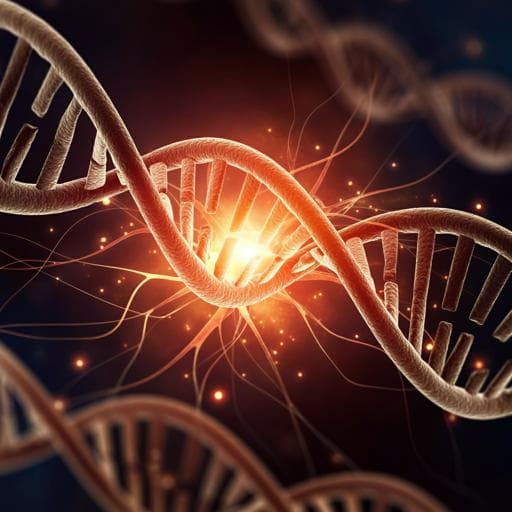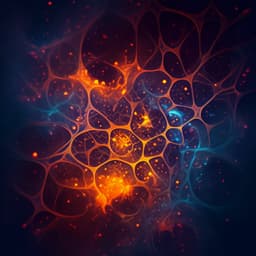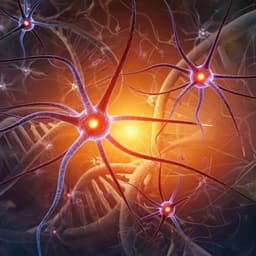
Medicine and Health
HDAC1 modulates OGG1-initiated oxidative DNA damage repair in the aging brain and Alzheimer's disease
P. Pao, D. Patnaik, et al.
Exciting research by Ping-Chieh Pao and colleagues reveals how HDAC1 influences the brain's ability to repair DNA damage, which is crucial for combating aging and neurodegenerative diseases. Their findings show that enhancing HDAC1 activity could be a promising therapeutic approach to mitigate cognitive decline.
Related Publications
Explore these studies to deepen your understanding of the subject.







